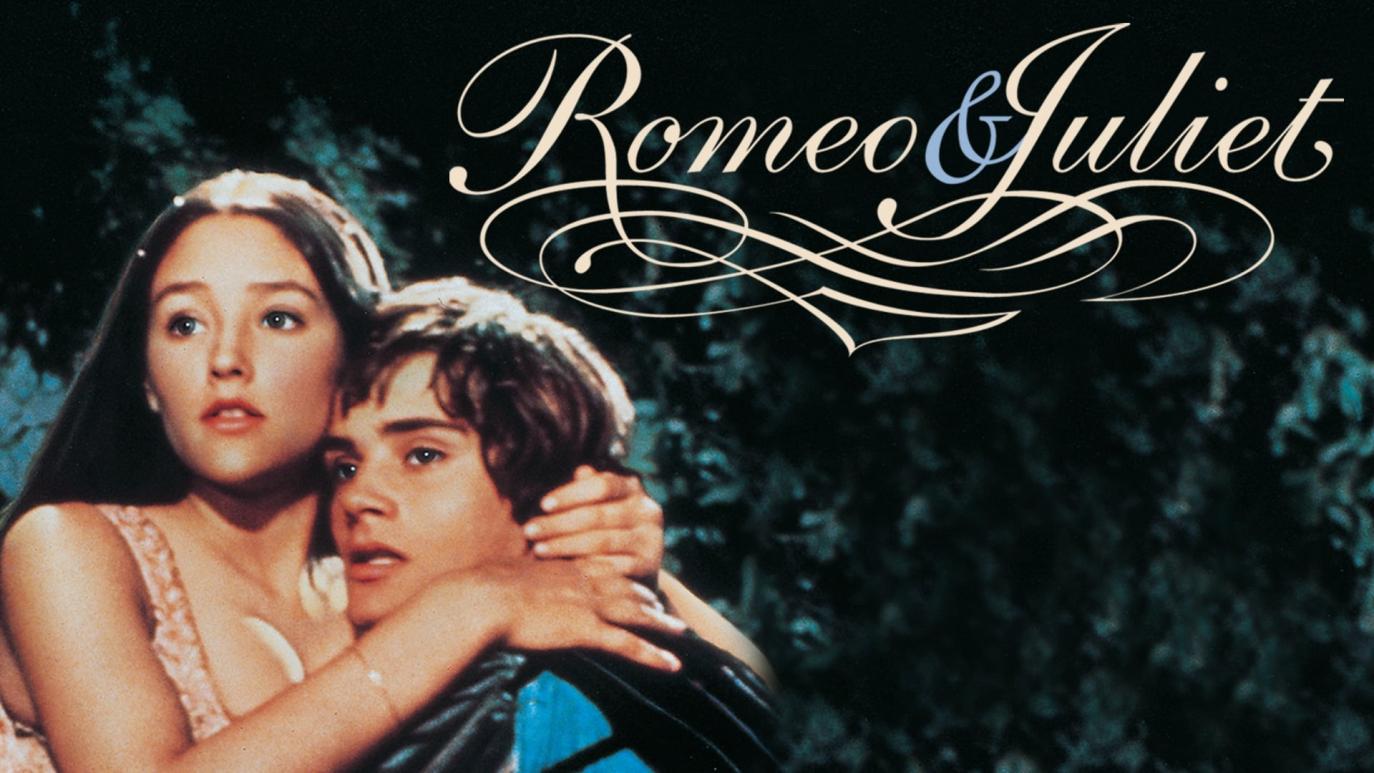How Do the Characters of Romeo and Juliet Evolve Throughout the Play?
William Shakespeare's timeless tragedy, "Romeo and Juliet," is a tale of star-crossed lovers whose intense passion and ill-fated romance lead to their ultimate demise. Beyond the captivating love story, the play delves into the profound evolution and development of Romeo and Juliet's characters, offering valuable insights into the complexities of human nature, love, and growth.

I. Romeo's Character Evolution
Initial Characterization:
- Romeo is initially portrayed as a passionate and romantic young man, prone to impulsive decisions and infatuation.
- His initial love for Rosaline is characterized by its superficiality and lack of depth.
- Romeo's impulsive nature is evident in his hasty decision to attend the Capulet ball, despite the ongoing feud between their families.
Transformation Of Romeo's Love:
- Romeo's encounter with Juliet at the Capulet ball marks a transformative moment in his character development.
- His love for Juliet matures and deepens, becoming a profound and all-consuming passion.
- Romeo's love for Juliet inspires him to transcend the boundaries of family loyalty and societal norms, leading to his willingness to defy his family and marry Juliet in secret.
Growth And Development:
- Romeo's experiences with love, loss, and tragedy contribute to his growth and development as a character.
- He learns the true meaning of love and commitment through his relationship with Juliet.
- The tragic events that unfold, including the deaths of Mercutio and Tybalt, force Romeo to confront the harsh realities of life and the consequences of his actions.
II. Juliet's Character Evolution
Initial Characterization:
- Juliet is initially portrayed as a young, innocent, and obedient girl, devoted to her family and adhering to societal expectations.
- Her initial interactions with Romeo reveal her naivety and lack of experience in matters of love.
- Juliet's obedience to her family is evident in her willingness to consider marrying Paris, despite her growing feelings for Romeo.
Transformation Of Juliet's Love:
- Juliet's encounter with Romeo at the Capulet ball marks a turning point in her character development.
- Her love for Romeo grows rapidly, becoming an intense and unwavering passion that consumes her entire being.
- Juliet's love for Romeo inspires her to defy her family's wishes and marry him in secret, demonstrating her newfound independence and strength of character.
Growth And Development:
- Juliet's experiences with love, loss, and tragedy contribute to her growth and development as a character.
- She learns the true meaning of love and sacrifice through her relationship with Romeo.
- The tragic events that unfold, including the deaths of Tybalt and Romeo, force Juliet to confront the harsh realities of life and the consequences of her actions.
III. Impact Of External Factors On Character Evolution
Family And Society:
- The feuding families and societal pressures play a significant role in shaping the characters' actions and decisions.
- The ongoing feud between the Montagues and Capulets creates an environment of hostility and mistrust, making it difficult for Romeo and Juliet to openly pursue their love.
- Societal expectations and family loyalty exert pressure on Romeo and Juliet, influencing their choices and ultimately contributing to the tragic outcome.
Fate And Destiny:
- The play explores the role of fate and destiny in shaping the characters' lives.
- The characters' actions and choices are often influenced by forces beyond their control, such as the ongoing feud between their families and the societal norms of the time.
- The tragic events that unfold suggest that Romeo and Juliet's love was doomed from the start, highlighting the power of fate and destiny in shaping their destinies.
The evolution of Romeo and Juliet's characters is a central aspect of the play's enduring appeal and significance. Their growth, development, and transformation throughout the course of the play add depth and complexity to their characters, making them relatable and timeless. The characters' experiences with love, loss, and tragedy offer valuable insights into the human condition, exploring themes of passion, loyalty, and the consequences of impulsive decisions. Romeo and Juliet's enduring legacy as literary icons lies in their ability to transcend time and resonate with audiences of all ages, reminding us of the power of love and the complexities of human nature.
YesNo

Leave a Reply